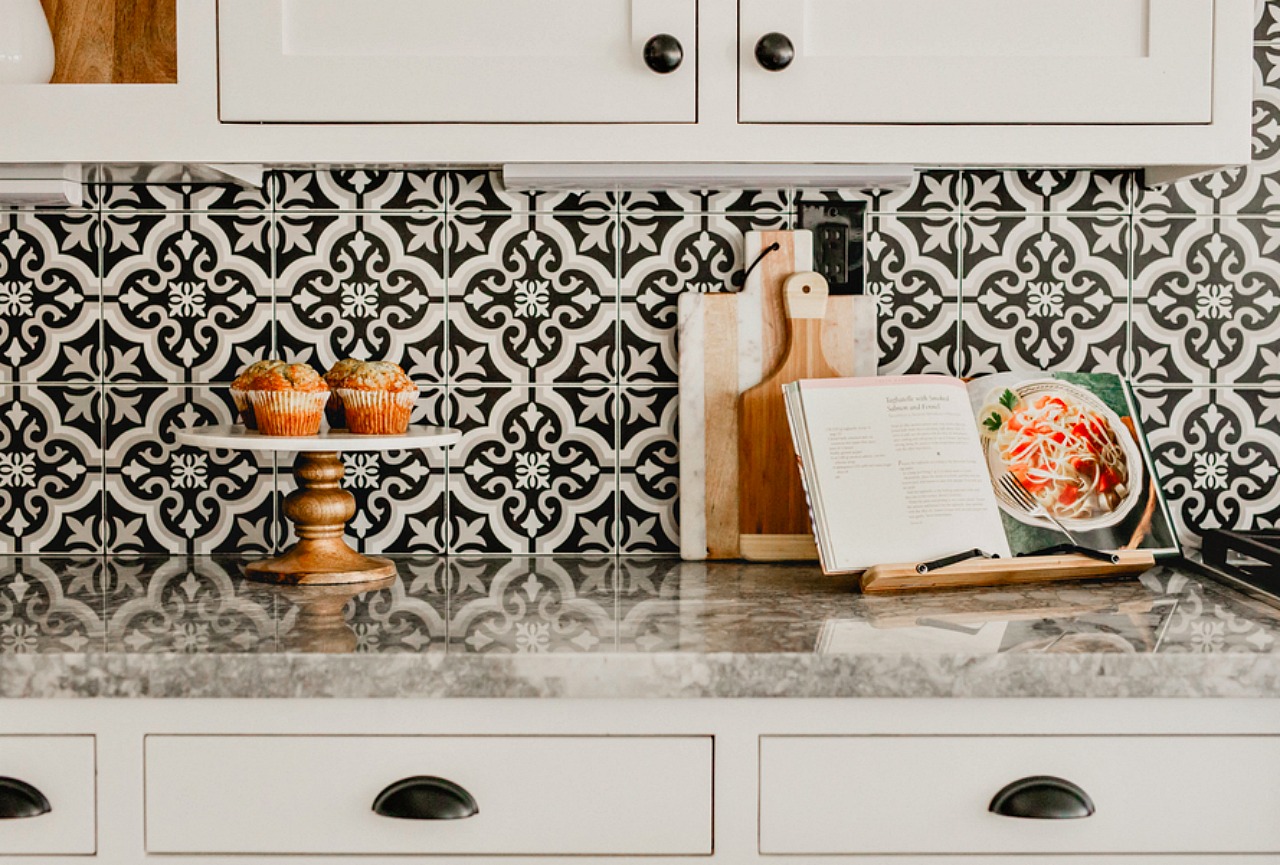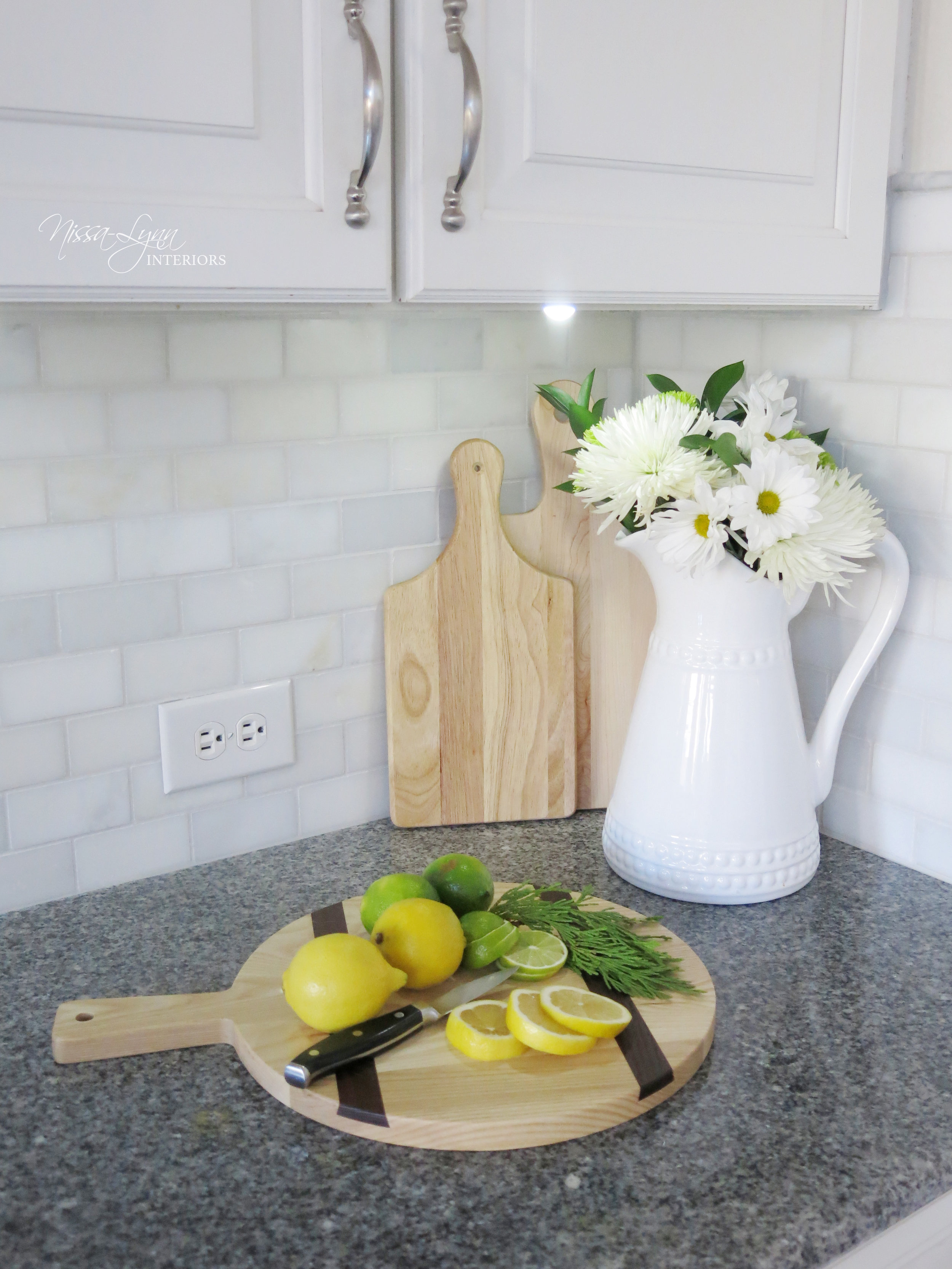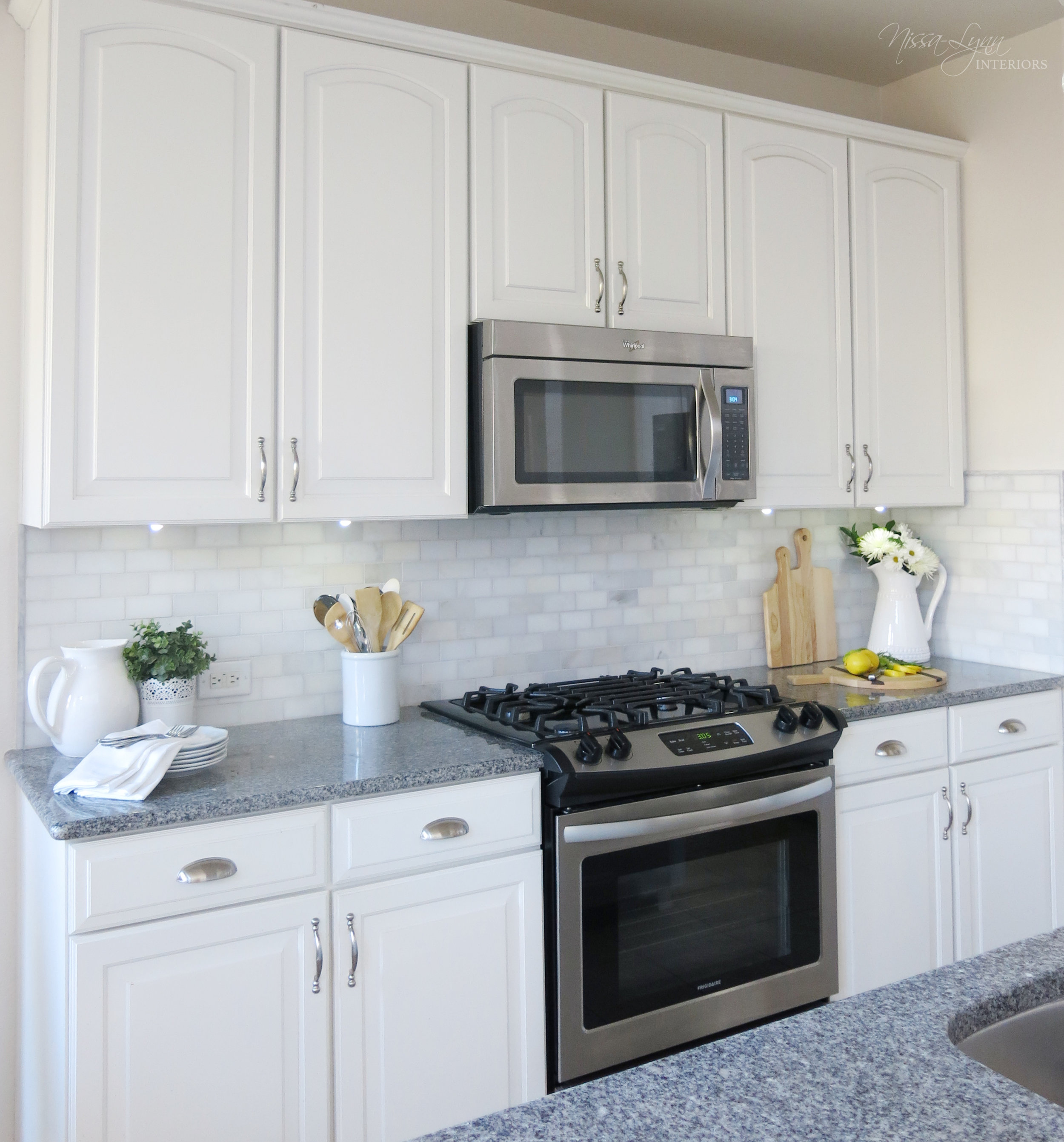Introduction to Kitchen Backsplash
The kitchen is often considered the heart of the home, where delicious meals are prepared and shared. One element that can transform this space dramatically is the backsplash. A well-chosen backsplash not only enhances the aesthetic appeal but also protects the walls from splatters and moisture. Whether you’re planning a remodel or just looking to refresh your current decor, understanding the options available for kitchen backsplash flooring and decor is crucial.
Why Choose a Backsplash?
In my personal experience, installing a backsplash was one of the best decisions I made during my kitchen renovation. It provided not just a protective layer but also added character and style to my cooking space. Below are some compelling reasons to consider a backsplash:
- **Protection:** Shields walls from splashes and stains.
- **Aesthetic Appeal:** Adds color and texture, infusing personality into the kitchen.
- **Increased Home Value:** A well-designed kitchen can increase your home’s resale value.
- **Easy Maintenance:** Most materials are easy to clean with just soap and water.
Choosing the Right Material for Your Backsplash
When it comes to selecting materials for your backsplash, there are several options, each with its own advantages and disadvantages. Below is a comparison table to help you decide.
| Material | Pros | Cons |
|---|---|---|
| Ceramic Tiles | Durable, easy to clean, wide variety of colors and designs | Can crack if heavy objects are dropped |
| Glass Tiles | Reflective, modern look, easy to clean | Can be more expensive, may require professional installation |
| Natural Stone | Unique, luxurious appearance | Requires regular sealing, can stain easily |
| Stainless Steel | Highly durable, modern aesthetic, easy to clean | Can scratch and show fingerprints easily |
| Vinyl | Budget-friendly, easy to install | Less durable than other materials |
Popular Styles of Kitchen Backsplashes
Your kitchen’s overall style should guide your backsplash choice. Here are some popular styles to consider:
1. Classic Subway Tile
Subway tiles are timeless and best known for their versatility. They come in various sizes, colors, and even textures, making them perfect for both traditional and modern kitchens.
2. Mosaic Tile
Mosaic tiles can provide a stunning focal point. They can be arranged in patterns or shapes, allowing for limitless creativity.

3. Rustic Farmhouse
For those who love a cozy, welcoming vibe, wooden accents or distressed tiles can bring warmth and charm to the kitchen.
4. Bold and Colorful
If you want to make a statement, consider bright, patterned tiles that add personality and fun to the cooking space.

Integrating Backsplash with Kitchen Decor
The backsplash should harmonize with your overall kitchen decor. Here are a few tips to help you integrate it seamlessly:
1. Match with Countertops
Ensure your backsplash complements your countertops. For example, a white countertop can pair beautifully with a colorful or patterned backsplash.
2. Consider Cabinetry Colors
Your backsplash should either contrast or complement your cabinetry. Dark cabinets paired with lighter backsplashes create a striking contrast, while similar colors can extend an elegant flow.

3. Lighting Matters
Good lighting enhances the beauty of your backsplash. Consider under-cabinet lighting to highlight your tiles and create an inviting atmosphere.
DIY Backsplash Installation: A Step-by-Step Guide
For the adventurous DIYer, installing a backsplash can be a rewarding project. Here’s a simple guide:
Step 1: Gather Your Materials
- Backsplash tiles
- Thin-set mortar
- Grout
- Trowel
- Sponge
- Measuring tape
- Level
Step 2: Prepare the Wall
Clean the wall thoroughly to ensure proper adhesion.

Step 3: Measure and Mark
Measure your tiles and outline where they will go on the wall.
Step 4: Apply Mortar
Spread the thin-set mortar on the wall using the trowel.

Step 5: Place Your Tiles
Start placing your tiles, using spacers to maintain even gaps for grout.
Step 6: Grout the Tiles
After the mortar has set, apply grout to the spaces between the tiles.

Step 7: Clean Up
Use a sponge to remove excess grout from the tiles.
Pros and Cons of Different Backsplash Materials
Ceramic Tiles
Pros: Durable, heat resistant, easy to clean.
Cons: Can chip or crack easily.
Glass Tiles
Pros: Aesthetic appeal, various colors.
Cons: More expensive, requires careful handling.
Natural Stone
Pros: Unique, beautiful finishes.
Cons: Requires sealing, more maintenance.
Stainless Steel
Pros: Modern, easy to maintain.
Cons: Prone to scratches.
Vinyl
Pros: Affordable, easy to install.
Cons: Less durable than other materials.
Frequently Asked Questions
What is the best material for kitchen backsplashes?
The best material depends on personal preference, budget, and kitchen style. Ceramic and glass tiles are popular for their durability and design options.
How do I clean my kitchen backsplash?
Use a soft cloth and warm, soapy water for most materials. Avoid harsh chemicals that could damage the tiles.
Can I install a backsplash myself?
Yes! With a bit of research and preparation, many homeowners successfully install their own backsplashes.
Should my backsplash match my countertops?
While it’s not necessary for the backsplash to match, they should complement each other for a cohesive look.
What are some budget-friendly backsplash options?
Consider vinyl tiles, peel-and-stick backsplashes, or even painted surfaces for a cost-effective solution.